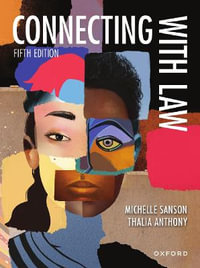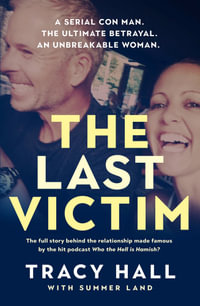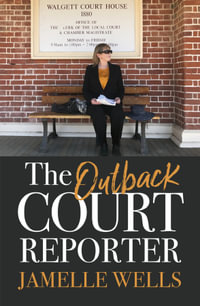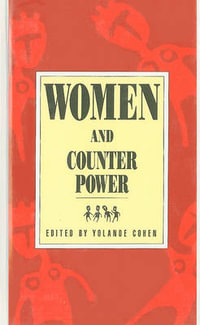A unique introduction to the constitutional arguments for and against the right to abortion
In January 1973, the Supreme Court's opinion in Roe v. Wade struck down most of the country's abortion laws and held for the first time that the Constitution guarantees women the right to safe and legal abortions. Nearly five decades later, in 2022, the Court's 5-4 decision in Dobbs v. Jackson Women's Health Organization overturned Roe and eliminated the constitutional right, stunning the nation. Instead of finally resolving the constitutional issues, Dobbs managed to bring new attention to them while sparking a debate about the Supreme Court's legitimacy.
Originally published in 2005, What Roe v. Wade Should Have Said asked eleven distinguished constitutional scholars to rewrite the opinions in this landmark case in light of thirty years' experience but making use only of sources available at the time of the original decision. Offering the best arguments for and against the constitutional right to abortion, the contributors have produced a series of powerful essays that get to the heart of this fascinating case. In addition, Jack Balkin gives a detailed historical introduction that chronicles the Roe litigation-and the constitutional and political clashes that followed it-and explains the Dobbs decision and its aftermath.
Industry Reviews
The interest of the whole lies precisely in its depiction within a single volume of where the debate stands. -- Federal Lawyer Brings together some of America's brightest legal minds to make the best arguments available for and against the constitutional right to abortion. An exceptional volume and essential for anyone who wants to understand the constitutional debate about Roe. -- Nadine Strossen, former President, American Civil Liberties Union In light of the recent Dobbs Supreme Court decision, this volume is crucial for understanding the constitutional debate for or against abortion. The diverse argumentation along with the inclusion of contemporary sources make this volume an invaluable resource. -- Mark A. Graber, University of Maryland Carey School of Law This array of intelligent and serious alternatives to the Court's stunningly inadequate opinion in Roe v. Wade is the most convincing argument against any litmus test on this subject either way for future Supreme Court Justices. -- Charles Fried, Harvard Law School
























